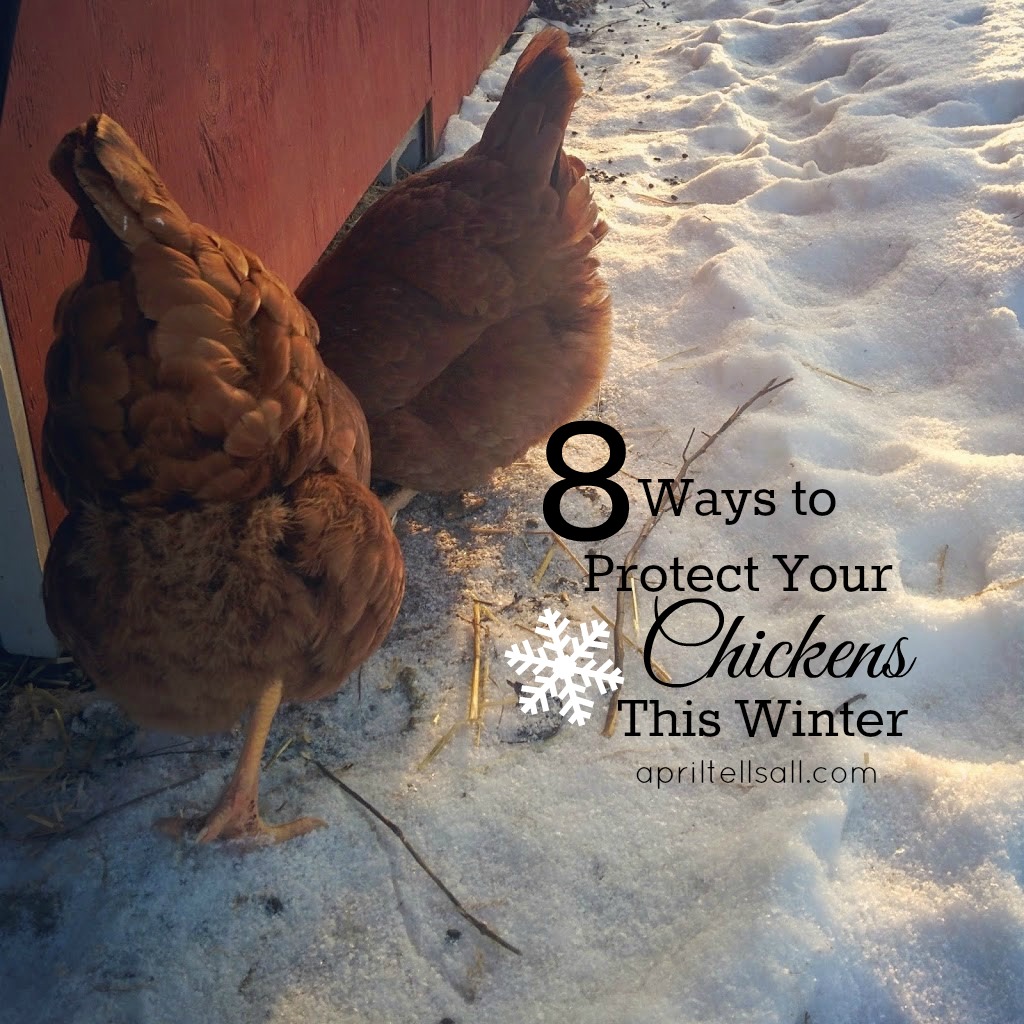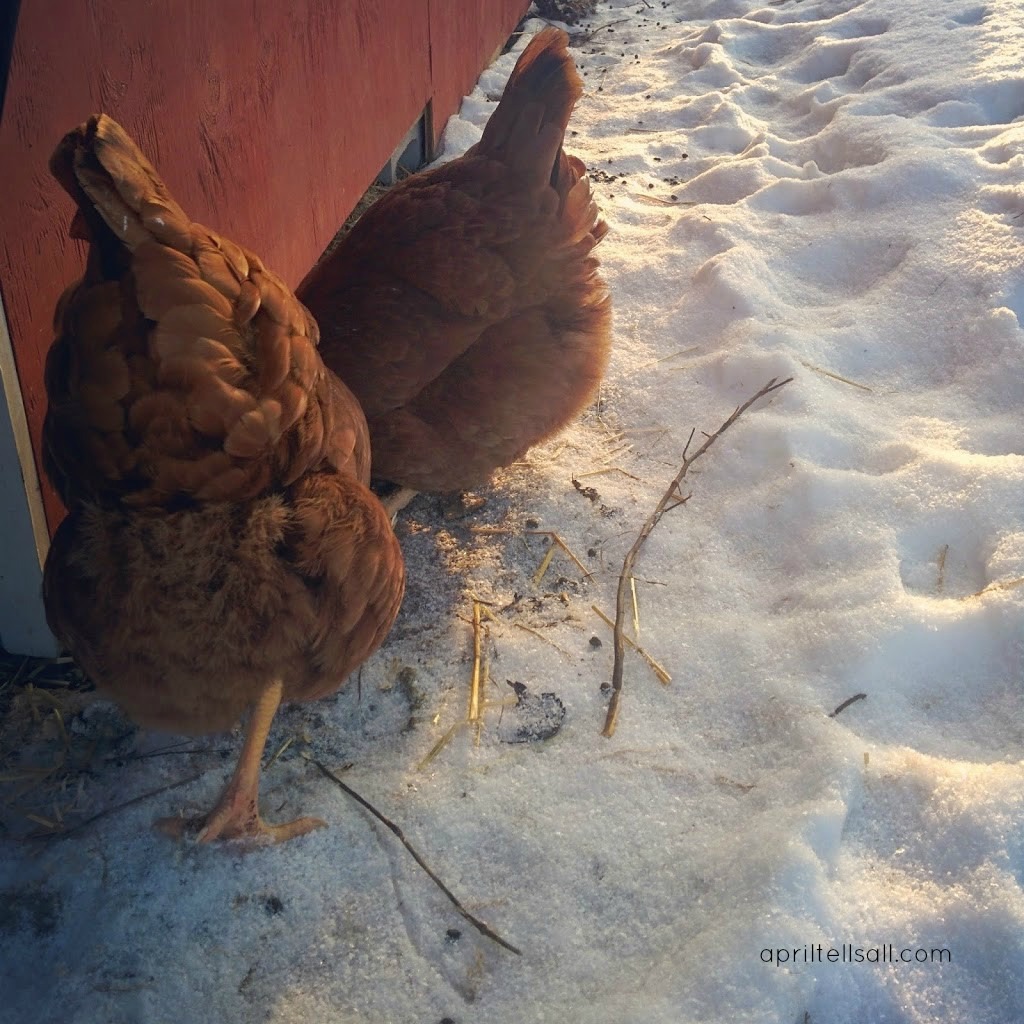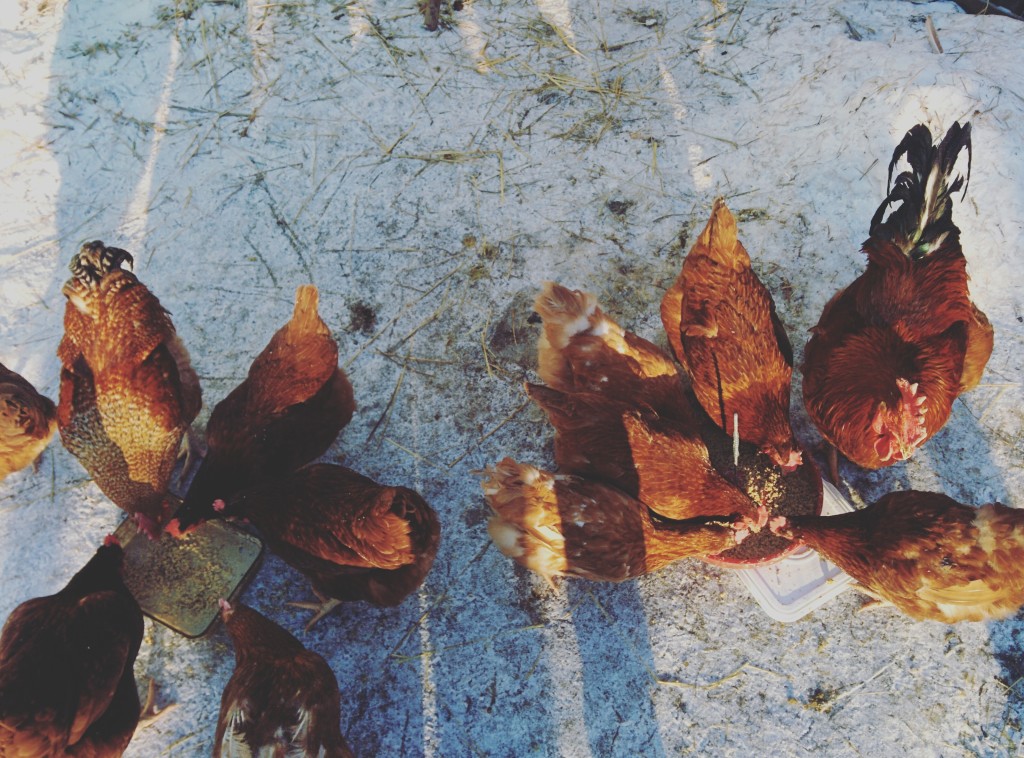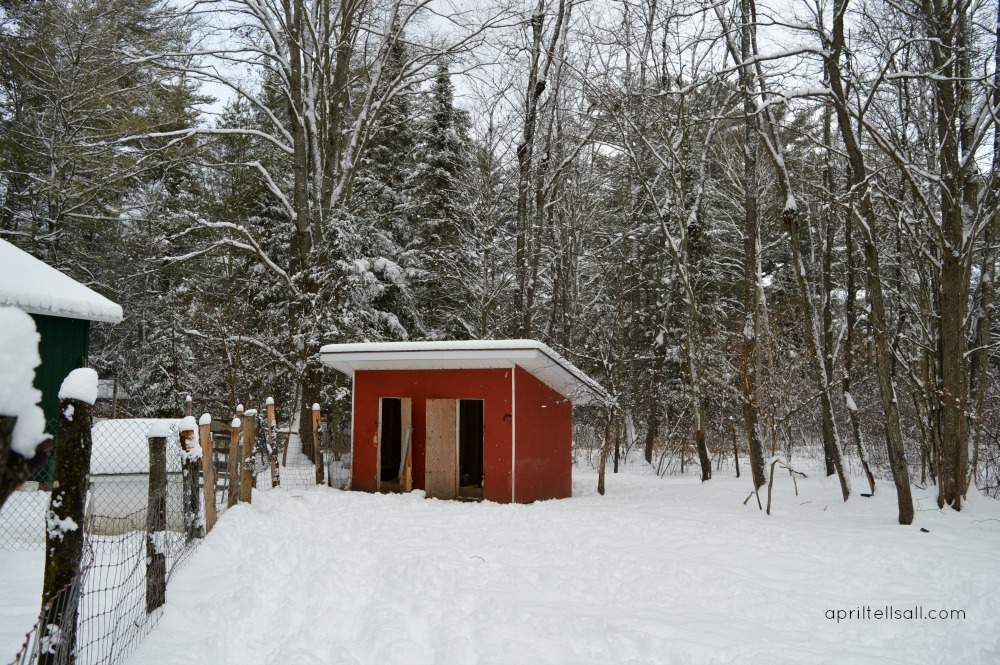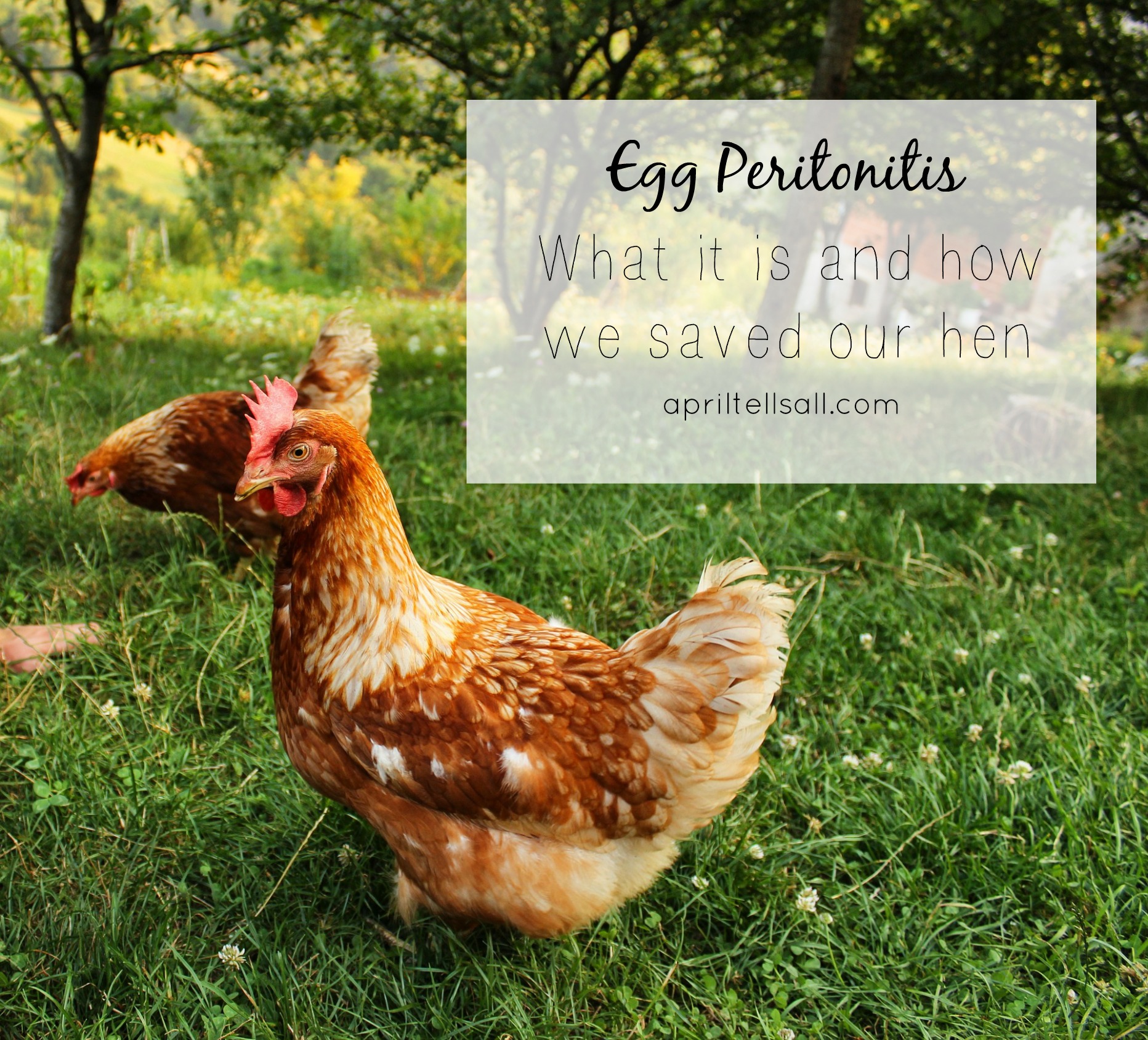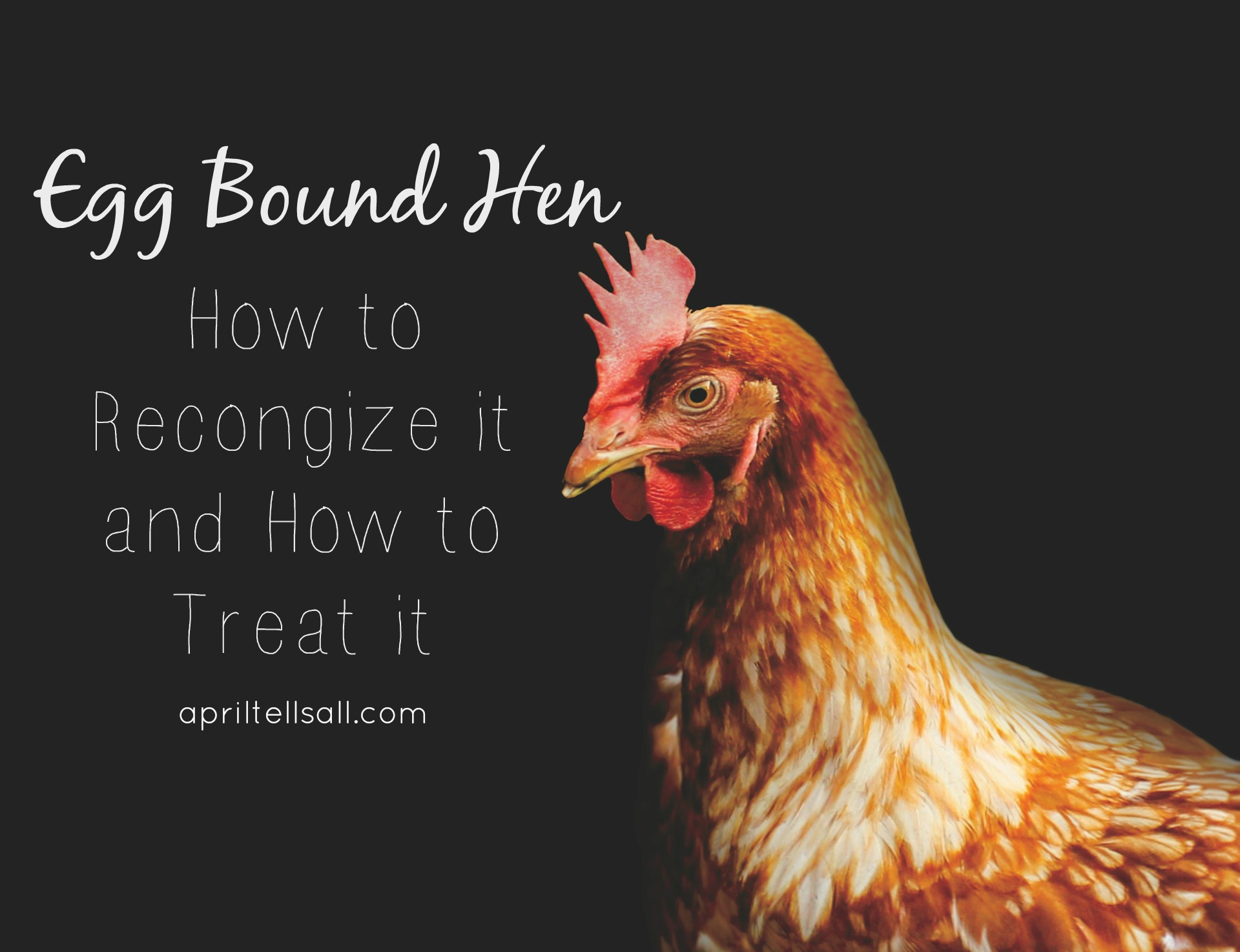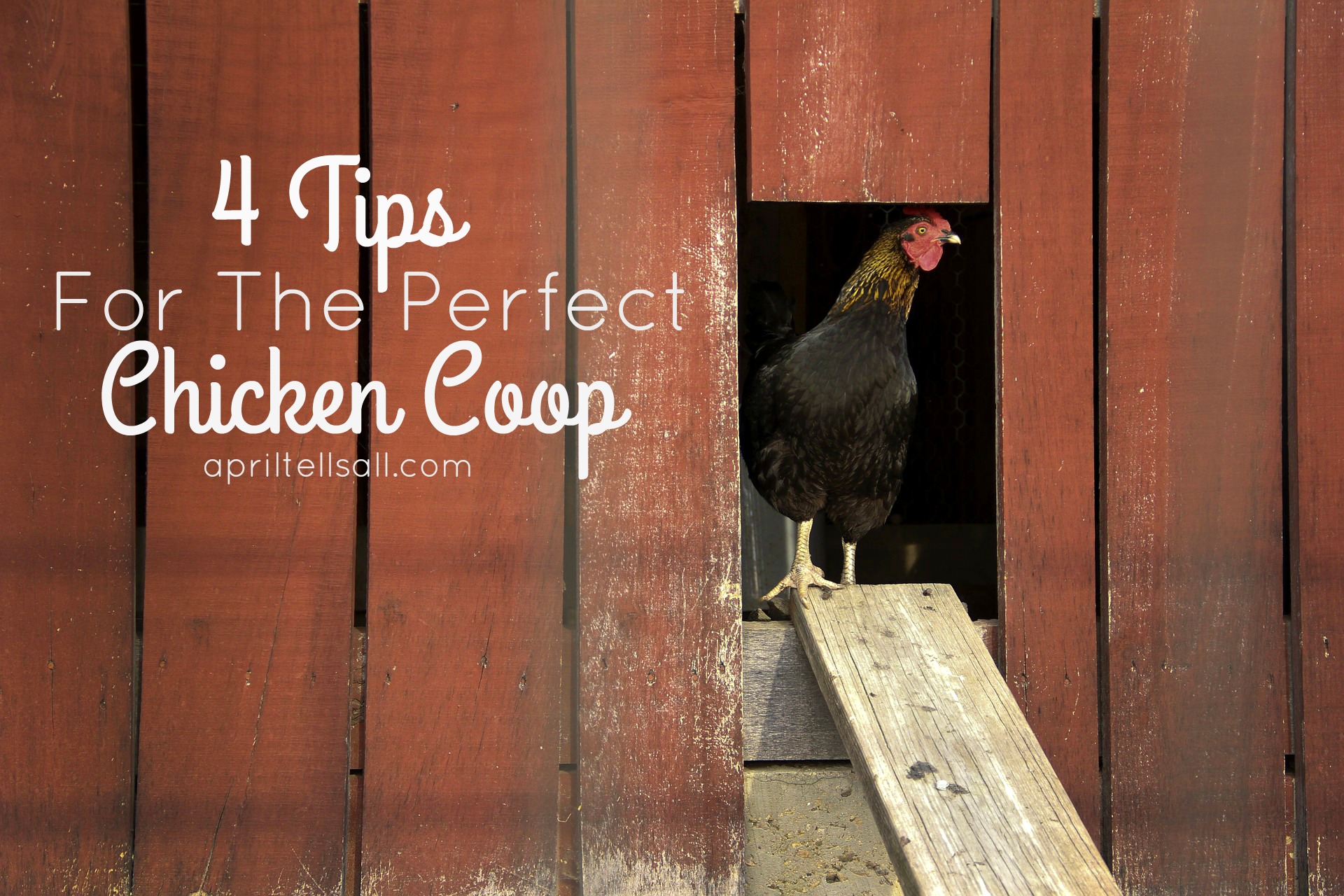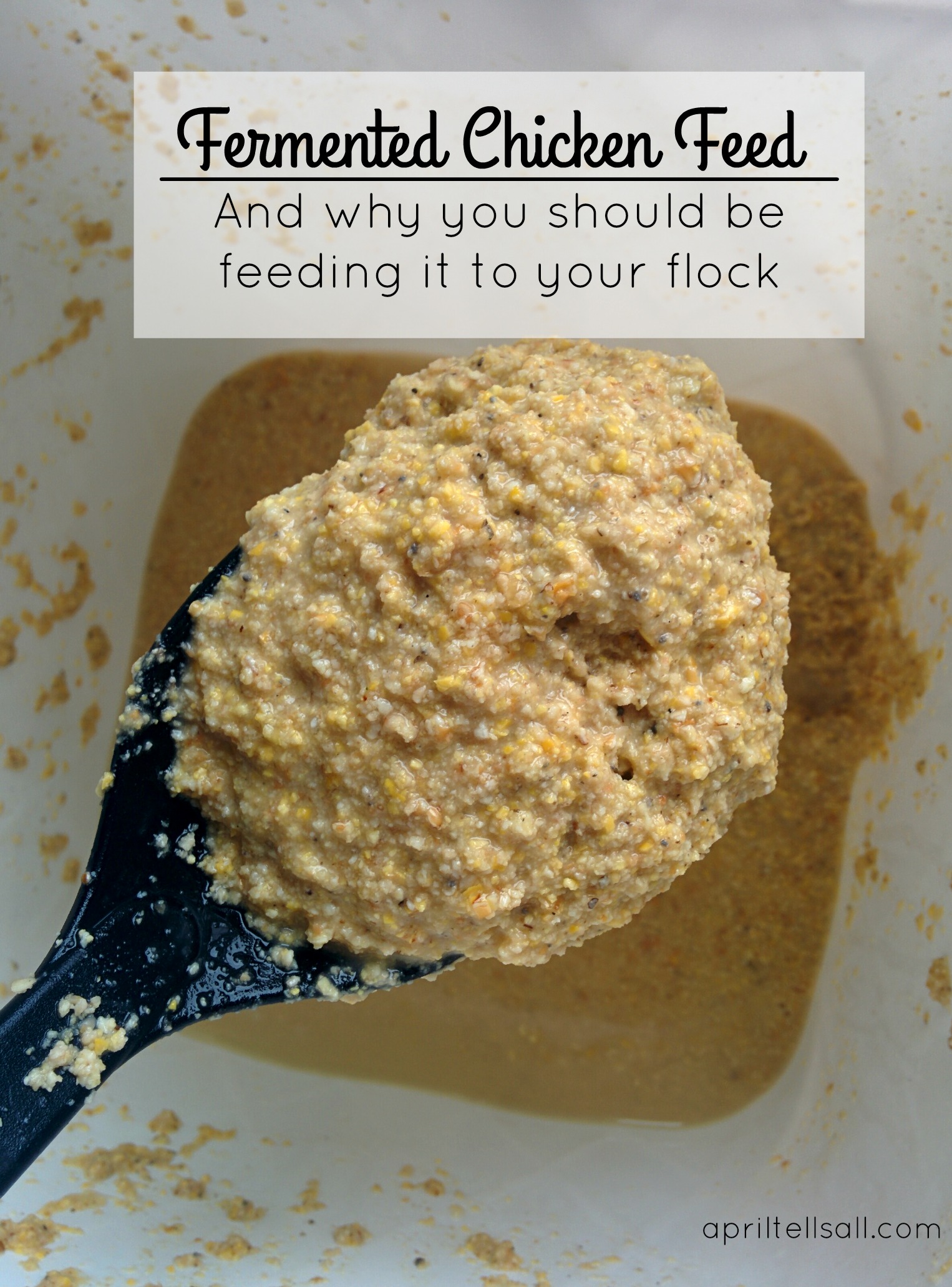Once upon a time I got chickens. And I even learned a thing or 2 about them.
Yup. I know. You can hardly believe it either.
My first winter I was a wreck thinking for sure they’d freeze to death.
Newsflash they didn’t.
I have since calmed my chicken winter worries down. They can get through even the coldest days. They hunker in, cuddle together, and sleep through the stormy days. I have come to the conclusion that we can learn a lot from chickens.
Like sleeping through stormy days. I feel like this should really become a thing.
There are a few things you can do for your flock to help get them through the winter. I don’t heat our coop, because I don’t want to shock their systems when they go outside. I also don’t want the fire risk. But here are some things we do to help our little egg machines through the cold months.
8 Ways To Protect Your Chickens This Winter
Protect them from mites and lice with a bath tub.
Yup. A bath tub. A dust bath tub that is. I keep a large tote in my coop and fill it with sand, and {cold} wood ash from our wood stoves (make sure you are burning natural wood, and nothing with nails, staples, etc in it). This will give the birds somewhere to dust bathe even when the ground is frozen or covered with snow. Dust bathing is a chicken’s natural defense against lice and mites, and wood ash is a natural repellent. Some people add D.E. to the mix as well but I worry about them breathing it in. When I completely clean out the coop (about once a month), I put a layer of D.E. down before adding the bedding. I also sprinkle it quite heavily in the nesting boxes.
Protect your chickens from respiratory issues by keeping a clean coop.
We are very picky about keeping a clean coop. One very big reason is because the ammonia and humidity that comes from their feces can cause respiratory issues from them breathing it in. During the day our coops are wide open allowing fresh air into the buildings, but at night the doors are closed and without proper cleaning (and ventilation, which we’ll talk about in a minute), the ammonia fumes can cause damage to the tissue in the bird’s respiratory tract. One of our roosters, who we bought from another farmer, came with severe respiratory problems. We are even more diligent to keep the area clean for him so that he is able to breathe. To help lighten the work load we have a poop board under our roosts. This collects all the poop that is dropped while they are sleeping, and makes it easy to shovel off in the morning. We scrape down the boards with a wide shovel and collect it all onto the shovel and dump the poop in a manure pile. This also saves us on bedding material because it isn’t getting soiled as quickly. Once a month we clean the entire coop. This means different things depending on the type of coop floor. One of our coops has a wooden floor. We scrape all of the old bedding off the floor, and completely clean it out and then add fresh bedding. Our second coop is on a dirt floor (with hardware cloth under the dirt so nothing can dig under). In this coop we just add a thick layer of fresh bedding on top. Over time the bottom layers rot into the ground. The birds also scratch and dig in the bedding, which helps toss it and aids in composting. This method is called deep litter, and it will also add an element of heat to the bedding during the winter from the composting process.
Protect them from Jack Frost with ventilation.
Seriously, I can’t stress enough how important proper ventilation is in a chicken coop. Humidity in the coop causes frost bite on their combs. We’ve had it so bad before on our birds that they have even lost the tips off their combs. It’s hard to completely prevent frostbite (especially in a climate like ours) but proper ventilation is a huge help. It will also help your bird’s respiratory by allowing the ammonia fumes to escape the coop.
Protect them from dry combs with Vaseline.
Wind and cold temperatures can cause dry skin, and dry skin splits open easily. A tiny squabble between hens can turn into a blood bath if their combs are dry and split open at even the tiniest peck. Putting Vaseline on their combs when they’ve roosted and are in a draft free coop, will help re-hydrate, heal, and will also protect them frost bite. Triple win. If you don’t want to use Vaseline you can use bag balm or coconut oil.
Protect them from cold mornings with oatmeal.
Who doesn’t want warm oatmeal on a cold morning? While this shouldn’t be given every morning, when it’s really really cold out there I head out with a bowl of warm oatmeal for them. I use organic old fashioned rolled oats, and I’ll add in a few of the following: chia seeds, flax seeds, sesame seeds, scrambled eggs, yogurt, cooked and mashed pumpkin or squash, sprinkle of cayenne pepper, sardines, or chopped greens.
Protect them from crop issues with grit.
We get snow and ice, and the ground freezes and the entire land becomes barren. But treats still come forth from the kitchen for the girls, so we provide grit in the winter to make up for the stones and pebbles they aren’t picking up because of the aforementioned snow and ice and barren land. I use a baby chick feeder as my grit container and have it in the back corner of the coop. Refill as needed.
Protect them from the wind with a draft free shelter.
While ventilation is good, drafts are not. Make sure there are no drafts in the coop, and make sure no snow or rain or ice can get in the coop. You want to give your birds a safe haven where they can hide out from the wind.
[wp_ad_camp_1]
Protect their health by providing different sources of nutrition.
In the winter we ferment our chicken food to allow them to get the most possible nutrition from their food. In the summer our birds free range, allowing them to pick up bugs, grass, weeds, and seeds. In the winter we don’t have this option. Fermented chicken food allows them to properly digest and better use their feed. (For the how to and why to of Fermented Chicken Food click here). We also provide them with all our kitchen scrapes. This includes: carrot peels, squash skin and seeds, lettuce bits, cucumber bits, apple cores and peels, pieces of old bread, and even some leftovers (rice, stew, vegetables, etc). Do not feed your birds chocolate/candy/desserts, processed food, anything alcoholic, avocados, anything rotten or moldy, dry beans, or green potato skins. The last thing I give my birds is sunflower seed sprouts. I am not a master at growing sprouts. More often than not they mold and need to be thrown away, but I keep trying. I have successfully grown sprouts or fodder twice out of ten times. Not good odds, but it doesn’t use up more than a handful of grain or seeds, and when I’m successful the birds love them. Sprouts or fodder is also packed full of nutrition and provides a source of fresh green vegetation despite the bleakness of the weather.
Our birds are strong and hardy and have lived through several winters with us. Every winter is hard on the birds, but with the right care to their nutrition and housing they make it through just fine.
Which means we get eggs each morning for breakfast. And that’s what really makes it all worth it in the end.
And amen.
Resources and Extra Information:
- Frost Bite
- Ventilation
- What Not to Feed Chickens
- 4 Tips For The Perfect Chicken Coop
- Mites on Chickens
- A Free Source of Calcium For Hens

